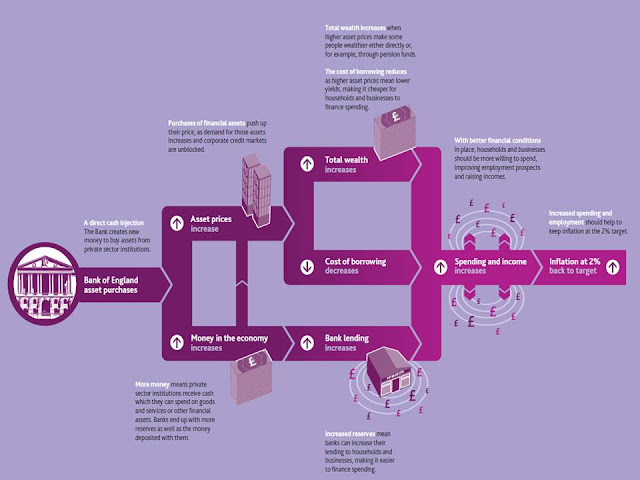A Timely and Well-Thought Out Piece by F. Zakaria on the "American Dream"
The article is a bit long but certainly worth a careful read.
A Key Insight from the Article:
"For a picture of the global economy, look at America's great corporations, which are thriving. IBM, Coca-Cola, PepsiCo, Google, Microsoft, Apple, Intel and Caterpillar are all doing well. And they share a strategy that is becoming standard for success. First, technology has produced massive efficiencies over the past decade. Jack Welch explained the process succinctly on CNBC last September. "Technology has changed the game in jobs," he said. "We had technology bumping around for years in the '80s and '90s, and [we were] trying to make it work. And now it's working ... You couple the habits [of efficiency] from a deep recession [with] an exponential increase in technology, and you're not going to see jobs for a long, long time." Welch gave as an example a company owned by the private-equity firm with which he is affiliated. In 2007 the business had 26,000 employees and generated $12 billion in revenue. It will return to those revenue numbers by 2013 but with only 14,000 employees. "Companies have learned to do more with less," Welch said.
Next, companies have truly gone global. The companies on the S&P 500 generate 46% of their profits outside the U.S., and for many of the biggest American names, the proportion is much higher. "
Another important point from the article:
"David Autor, an MIT economist, has done an important study on what he calls "the polarization of job opportunities" in America. Autor finds that job growth divides neatly into three categories. On one side are managerial, professional and technical occupations, held by highly educated workers who are comfortable in the global economy. Jobs have been plentiful in this segment for the past three decades. On the other end are service occupations, those that involve "helping, caring for or assisting others," such as security guard, cook and waiter. Most of these workers have no college education and get hourly wages that are on the low end of the scale. Jobs in this segment too have been growing robustly.
In between are the skilled manual workers and those in white collar operations like sales and office management. These jobs represent the beating heart of the middle class. Those in them make a decent living, usually above the median family income ($49,777), and they mostly did fine in the two decades before 2000. But since then, employment growth has lagged the economy in general. And in the Great Recession, it has been these middle-class folks who have been hammered. Why? Autor is cautious and tentative, but it would seem that technology, followed by global competition, has played the largest role in making less valuable the routine tasks that once epitomized middle-class work."
